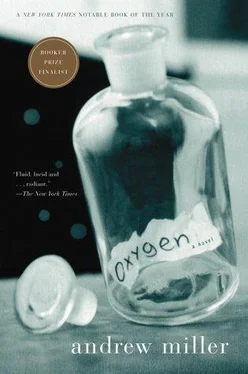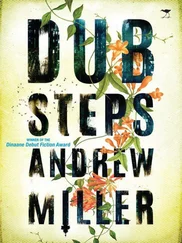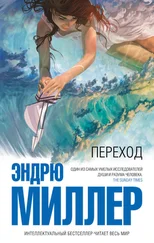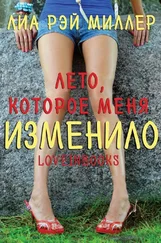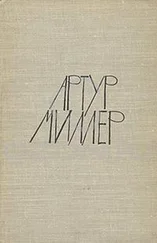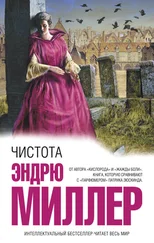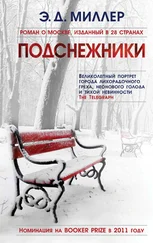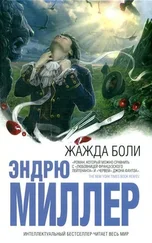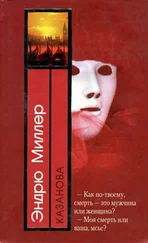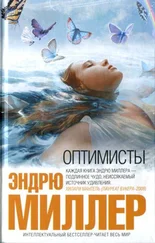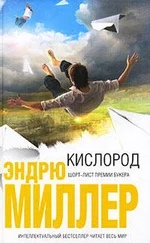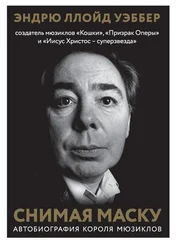‘I didn’t know it was a comedy,’ she said.
‘Only in parts,’ said Alec.
She stepped into the shed. ‘Is that him?’ She pointed to the portrait of Lázár in the Luxembourg which Alec had pinned to the edge of the shelf. ‘What’s that he’s carrying?’
‘A cake perhaps. Or a bomb.’
‘I’d say he’s got a kind face, so it’s probably a cake.’
‘Probably.’
He studied her while she studied Lázár. A slight pout to her lower lip. Pale lashes. Grey eyes touched with violet. A little round scar on the side of her nose as if once she wore a stud there. She had on a blue cotton dress, sleeveless, and her shoulders were tanned, honey-brown against the just visible plain white strap of her bra. She must have been lying in the sun at the weekends, and he imagined her with a boyfriend, a doctor perhaps, who had a boat or a convertible. Someone like a young Brando.
‘What was your mother saying?’ she asked.
He told her about the house.
She nodded. ‘Let’s see how we get on. You’re going to need to keep a closer eye on her now.’
‘I know.’
‘I’ve put the Dexamethasone on top of the chest with a note explaining the routine. Will you make sure she takes it? We don’t want her back in the hospital if we can help it.’
‘I’ll put it on the list,’ he said.
‘I like your brother,’ she said.
‘We’re very different.’
‘Oh, I’m not so sure of that,’ she said. ‘Are you nearly finished with the play?’
‘It’s coming on.’
‘That’s grand.’
Dennis Osbourne, red-faced from his exertions, was trying to conceal himself behind a slender tree in the orchard. Una waited, smiling at him, until Ella came through the long grass and captured him.
‘Your daddy wants you,’ she said, holding out her hand to the girl. ‘Sorry to spoil your game, Reverend.’
‘I need a sit-down,’ he said. ‘How’s Alice?’
‘Back on the English now. She’s getting quite mischievous, isn’t she?’
‘Poor woman,’ said the reverend, squatting awkwardly on the grass. ‘Is there anything I can do?’
‘She’s sleeping. Best let her get on with it.’
‘Yes,’ said Osbourne. ‘Sleep’s the great healer, I suppose. I shall see you later, Ella.’
‘Thank you for playing with me,’ said Ella, who had been carefully drilled in the importance of such remarks. She took Una’s hand and together they went into the cool of the house. Una said goodbye to her in the living room. She was running late for an appointment in Nailsea. A young haemophiliac with Kaposi’s sarcoma. Mother going out of her mind. Afraid to sleep. Asking why all the time. Why him, why us. Why why why.
‘Be a good girl now,’ she said. ‘Keep an eye on them all till I come back.’
Ella waited. When she heard the front door shut she switched on the television and started flicking through the channels, though without a remote control she wasn’t sure at first how to do it, and even when she had worked out how to use the buttons she couldn’t find MTV. She settled for a cartoon, and had curled herself on to the sofa to watch it – the manic pursuits, the crash-bangs – when her father appeared, wrapped in a white towelling bathrobe, the wash bag in his hand. He switched off the television and knelt on the floor in front of her.
‘We have some talking to do,’ he said. ‘Some very serious talking.’
The evening that followed his meeting with Emil Bexheti, László dined with Kurt at Marco Polo’s on the rue de Condé. Asparagi di campo, risotto alia sbirraglia, tortellini bolognese – all the good things. Then they walked home together, hand in hand, past the church of St Sulpice and along by the side of the Luxembourg. It was a little after twelve. A scattering of stars showed faintly above the lamplight, and the air was redolent with that mix of gutters and public gardens, tobacco smoke, restaurant steam, and the sour but somehow likable breath of the Métro exhaled through broad grills in the pavement, which give to Paris nights their inimitable savour.
Kurt squeezed László’s hand; László squeezed back. He was never entirely comfortable with this way of walking, and he reserved it for those moments of especial tenderness when something more than mere proximity was required. It was not that he was ashamed of Kurt. On the contrary, he was often joyfully incredulous that such a sweet-tempered young man should agree to stay with him. But László was a homosexual who retained a certain abstract disapproval of his tribe. In San Francisco, during his tenure at the Théâtre Artaud, he had been appalled at some of the things he had seen, men using each other much as dogs use table legs, a corrupt and worthless version of the Dionysian. In truth he had never really thought of himself as queer or Gay. A mariposa. A fruit. His case, he believed, was much simpler. There had in his life been certain people, beginning with Peter, whom he had needed, and who happened to be men. He did not want to make a vocation of it, to go on marches, wear badges. And anyway, he was from a time and a place where the notion of ‘coming out’ had been utterly unimaginable. Homosexuality was illegal in Hungary until years after he had left. His parents might have stood it – they were doctors, liberals, readers – but the Party would have destroyed him. Two men in a bed in the act of adoring each other was as subversive as a secret printing press, and it had not been much easier when he came to France – except in the theatre, of course, where nobody cared what you got up to, or who.
But tonight he wanted to think of the past he shared with Kurt Engelbrecht, rather than the one he possessed alone, and where, increasingly, he felt himself a ghost among ghosts, a wanderer in the Fields of Asphodel. At the apartment on rue Delambre he threw open the windows, lit the candles and fetched a bottle of Sambuca from the drinks cabinet beside the bookshelf in the dining room. He filled two small glasses, added a coffee bean to each, and with his lighter heated the surface of the liquor until it ignited with ghostly blue flames. He passed one of these entertaining glasses to Kurt. ‘Venice,’ he said.
‘Venice,’ replied Kurt, grinning.
‘La Fenice e des Artistes.’
‘Murano.’
‘San Michele.’
‘The Cittadi Vittorio…’
‘Ah!’
They had not done this for a while, this resuming of those ten or dozen stories that constituted the official history of their intimacy. As always, it began with Venice, and the morning they woke in their hotel to find the city furled in freakish snow, and had sat, wrapped in blankets, watching it for hours, wonder-struck as ten-year-olds.
Then Seville – the Triana district at 4 a.m. Footsore, irritable, hopelessly lost, wandering into a riverside bar to hear cante hondo, the crowd smoking as though in a trance, the singer, a middle-aged man in a dark suit at the far end of the bar, delivering his song in spasms of grief, ecstasies.
‘Next?’
Vienna. A melancholy hour at the grave of László’s mother, followed by a difficult, somewhat comical weekend with Kurt’s parents, kindly people only a few years older than László, who had addressed him during his entire stay as ‘Herr Professor’, preferring to think – could they really have believed it? – that his interest in their son was exclusively pedagogical.
And the holiday in New York with László’s brother, János, a divorced optometrist with an apartment full of prize-winning schnauzers. It had been Kurt’s first visit to America and they had driven from the airport in a yellow cab at dusk, rocking on bad roads through canyons of electrified tower blocks, Kurt almost in tears at the romance of so much light…
Читать дальше
